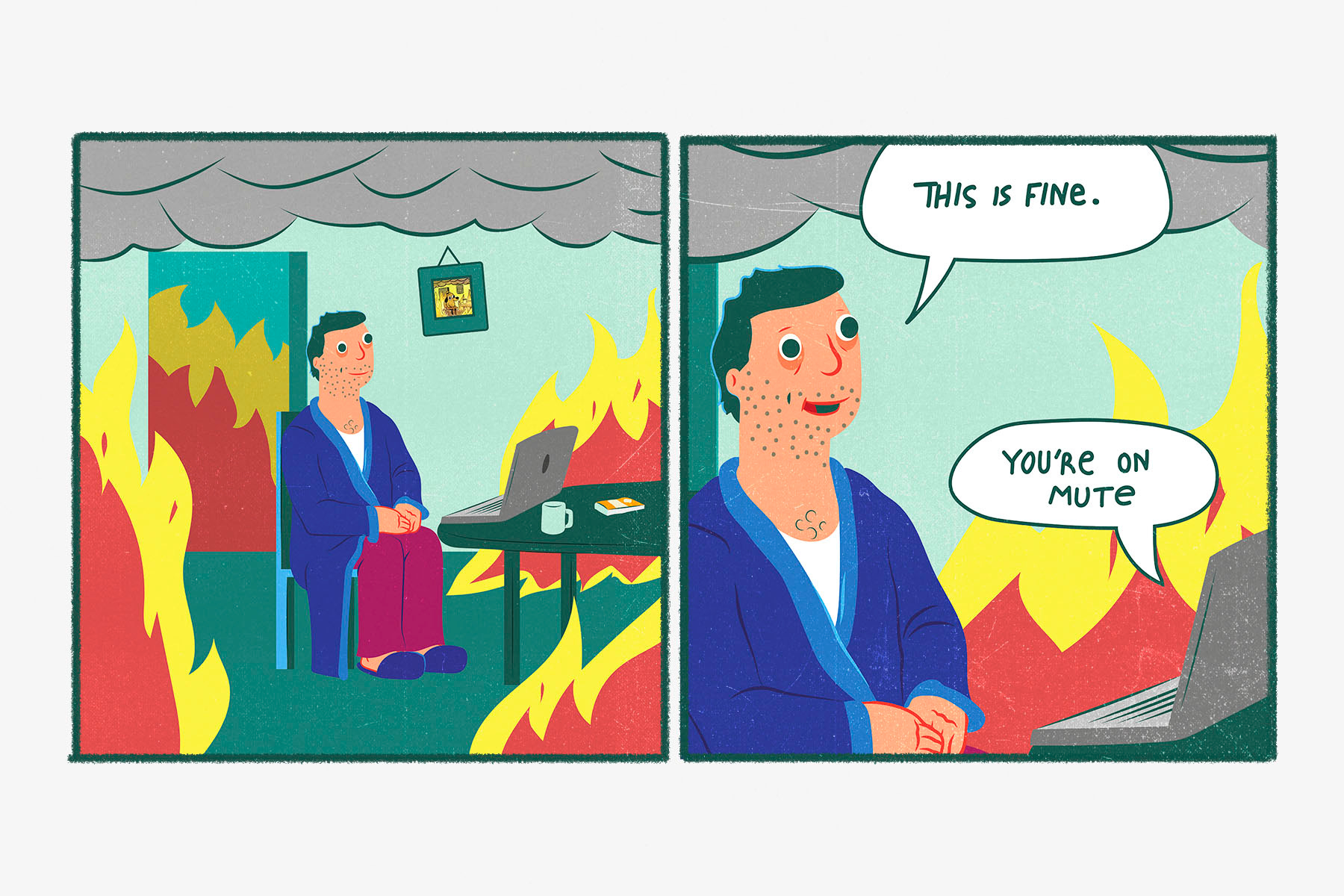Alexey “Solo” Berezin, a name synonymous with seasoned leadership and strategic prowess in the competitive Dota 2 scene, recently announced his departure from Team Yandex. The reason wasn`t a performance dip, a roster dispute, or a tempting offer from a rival powerhouse. It was, rather, a far more insidious and increasingly prevalent adversary within the high-octane world of esports: emotional burnout.
Solo`s tenure with Team Yandex was brief but intense. Joining in June, he quickly helped the squad secure a coveted spot at the Riyadh Masters 2025. Yet, despite this early success, the ultimate goal – qualification for The International 2025, Dota 2`s pinnacle event – remained just out of reach. It was during this relentless pursuit, marked by countless hours of scrims, strategy sessions, and the pressure of international competition, that the cracks began to show.
In a candid exchange with fellow pro player RAMZES666, the topic of his departure came to light. The banter, though lighthearted, cut to the core of the issue:
RAMZES666: “You couldn`t handle the pace at Team Yandex?”
Solo: “Why couldn`t I handle it? I managed all my duties perfectly well, but I burned out hard. I realized that if I spent a few more months in that same mode, I`d be absolutely fried. So, I decided I needed to chill.”
RAMZES666: “Therefore, you also skipped bootcamps…”
The subsequent jest from RAMZES666 about Solo skipping bootcamps only underscored the underlying truth: the grind had become unsustainable, even for a player of Solo`s caliber and experience.
The Silent Epidemic: Burnout in Professional Gaming
Solo`s story is not unique; it`s a stark reminder of a growing concern across all esports titles. Professional gaming, often glamorized for its prize pools and flashy plays, is a relentless marathon. Players dedicate upwards of 12-16 hours daily to training, analysis, and competitive matches. This intense schedule, coupled with the immense pressure to perform, constant travel, and the ever-present threat of being replaced, creates a perfect storm for mental and emotional exhaustion.
Unlike traditional sports, where off-seasons provide a crucial period for physical and mental recovery, esports often operates on a near-continuous cycle of tournaments and qualifiers. The demand to stay at the absolute peak, to constantly innovate strategies, and to adapt to meta changes, leaves little room for respite. Players are effectively expected to be `always on,` a digital gladiatorial existence that takes a heavy toll.
The consequences are severe: diminished performance, anxiety, depression, and premature career endings. We`ve seen countless talents fade away, not due to a lack of skill, but from the crushing weight of the lifestyle. Organizations, while investing heavily in player talent, often lag in providing comprehensive mental health support or structured breaks. The focus remains, perhaps understandably, on immediate results – a short-sighted approach in the long run.
Beyond the Game: A Call for Player Welfare
That Solo, a veteran who has navigated the complexities of competitive Dota 2 for years, made this decision speaks volumes. It`s a courageous act to prioritize one`s well-being over the relentless pursuit of competitive glory, especially when nearing the pinnacle of the season. His candidness offers a valuable opportunity for the wider esports community to reflect.
The industry needs to move beyond simply acknowledging burnout as an inevitable byproduct of the `grind.` It requires a more robust commitment to player welfare, incorporating mandatory breaks, access to sports psychologists, and a culture that encourages open discussion about mental health. For esports to truly mature and ensure the longevity of its athletes` careers, it must first address the human element at its core. Otherwise, we risk a continuous cycle of promising talents burning brightly, only to fade away too soon, leaving behind a trail of unfulfilled potential and, quite literally, burnt-out individuals. Solo`s departure is a clear signal; it`s up to the industry to decide if it will heed the call.

